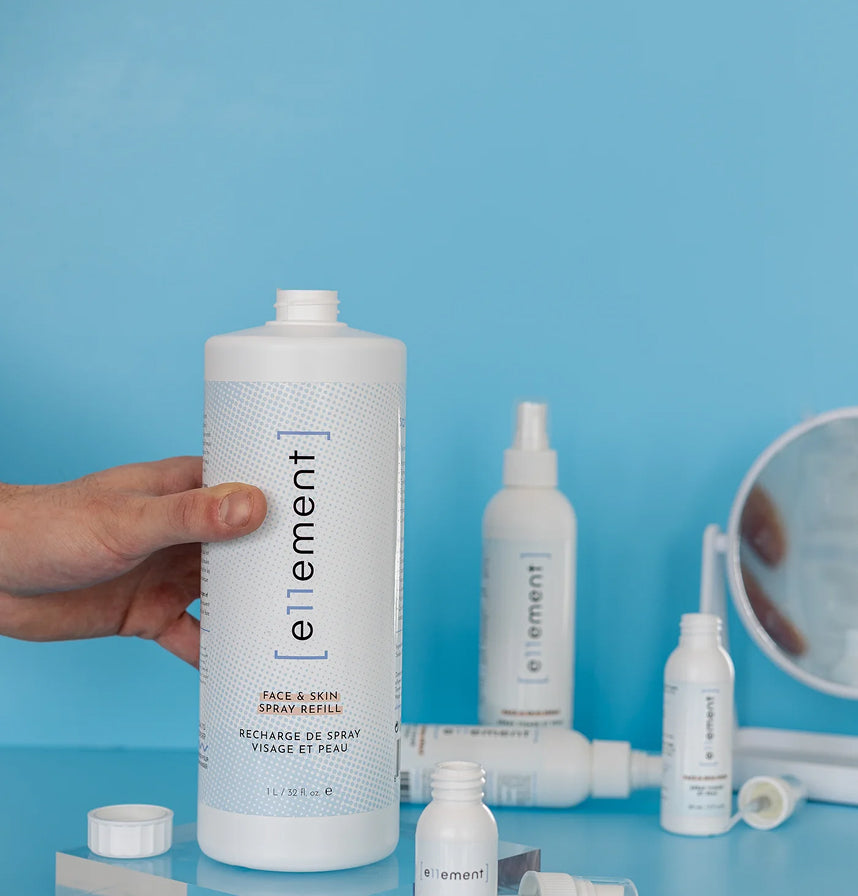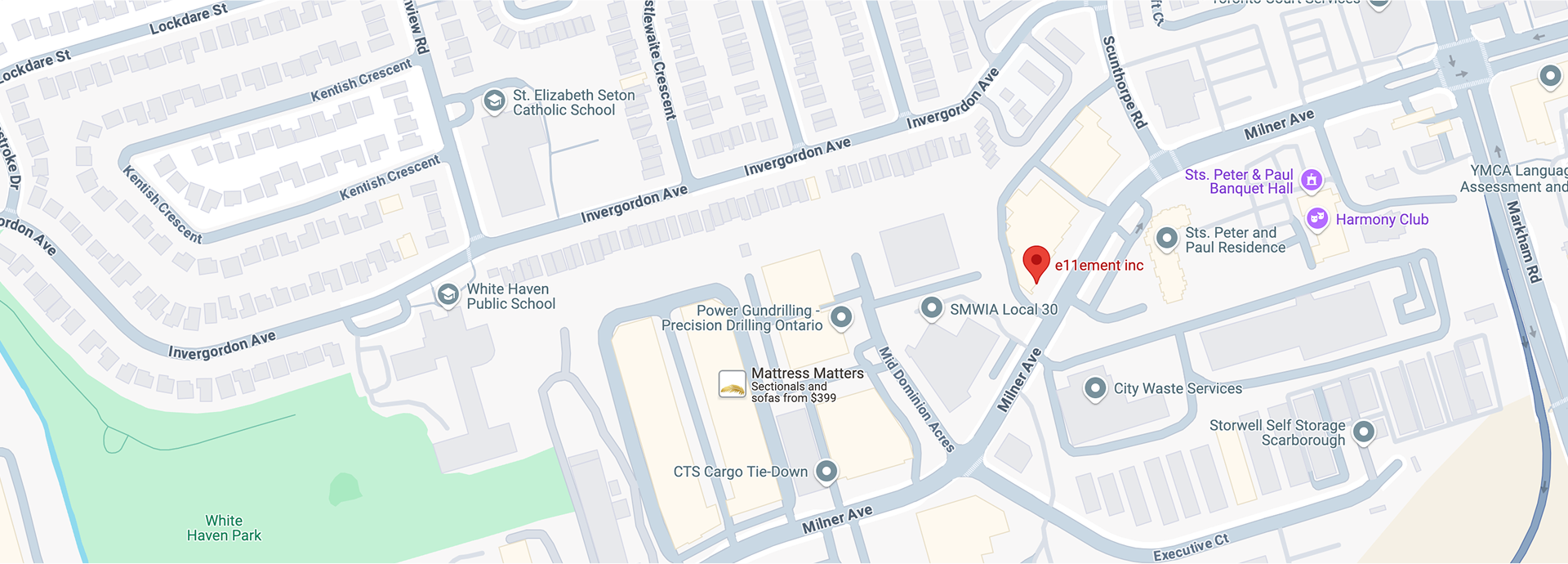Acne is one of the most common skin problems affecting people of all ages. For many, it’s not just a teenage issue but a persistent problem that extends well into adulthood. While there are numerous products on the market designed to combat acne, many contain harsh chemicals that can irritate the skin, leading to more breakouts and discomfort. Enter Hypochlorous Acid Spray, a gentle yet highly effective solution that is gaining attention for its acne-fighting properties.
In this article, we'll explore how Hypochlorous Acid Spray works, why it’s an excellent choice for acne-prone skin, and how you can integrate it into your skincare routine to achieve clear and healthy skin.

What is Hypochlorous Acid Spray?
Hypochlorous acid (HOCl) is a naturally occurring substance that the human body produces as part of its immune response. It is created by white blood cells and plays a crucial role in fighting infections, bacteria, and inflammation. Hypochlorous Acid Spray is a topical formulation of this substance that mimics the body's natural healing process.
While it's widely used in the medical field for wound care and sanitization, Hypochlorous Acid Spray has recently gained popularity in skincare due to its ability to target bacteria and soothe irritated skin without causing harm. Its unique combination of being both antimicrobial and anti-inflammatory makes it a powerful tool in combating acne.
How Does Hypochlorous Acid Spray Help with Acne?
Acne is primarily caused by clogged pores, excess oil production, and bacterial infection. When these factors combine, the skin becomes inflamed, leading to the formation of pimples, blackheads, and whiteheads. Hypochlorous Acid Spray works to address these underlying causes through several mechanisms.
1. Antimicrobial Action Against Acne-Causing Bacteria
One of the main culprits behind acne is the bacteria Cutibacterium acnes (formerly known as Propionibacterium acnes). This bacteria thrives in oily environments, such as clogged pores, and contributes to the inflammation and formation of acne lesions.
Hypochlorous Acid Spray effectively kills C. acnes, preventing the bacteria from multiplying and causing further breakouts. Its ability to target harmful bacteria while leaving beneficial skin flora intact makes it a superior choice over harsher antibacterial treatments that can disrupt the skin's natural balance.
2. Reduces Inflammation
Acne isn’t just about bacteria—it's also about inflammation. Inflamed skin leads to redness, swelling, and discomfort, which are all hallmarks of active acne. Hypochlorous acid is known for its anti-inflammatory properties, which can help calm irritated skin and reduce the severity of acne flare-ups.
By reducing inflammation, Hypochlorous Acid Spray not only makes the skin look better but also helps prevent the formation of scars and hyperpigmentation often associated with severe acne.
3. Promotes Healing
In addition to reducing bacteria and inflammation, Hypochlorous Acid Spray promotes faster healing of the skin. Acne lesions can leave the skin damaged, making it more susceptible to further breakouts and infections. By accelerating the skin’s natural repair processes, Hypochlorous acid helps the skin recover more quickly and prevents the formation of new blemishes.
Why Choose Hypochlorous Acid Spray Over Traditional Acne Treatments?
With so many acne treatments on the market, you may wonder what sets Hypochlorous Acid Spray apart. Here are some of the key reasons why it’s worth considering:
1. Gentle on the Skin
Traditional acne treatments often rely on harsh ingredients like benzoyl peroxide, salicylic acid, and retinoids. While these can be effective, they often come with side effects like dryness, peeling, redness, and irritation. For those with sensitive skin, these side effects can sometimes make the acne problem worse.
In contrast, Hypochlorous Acid Spray is incredibly gentle. It doesn’t strip the skin of its natural oils or cause irritation. This makes it ideal for those with sensitive skin or anyone looking for a more natural, soothing approach to acne treatment.
2. Safe for Long-Term Use
Many acne treatments can’t be used over extended periods due to their potential to irritate or thin the skin. Hypochlorous Acid Spray, on the other hand, is safe for long-term use. Since it mimics a naturally occurring substance in the body, there is little risk of it causing damage or becoming less effective over time.
3. Non-Toxic and Eco-Friendly
Unlike some skincare products that contain potentially harmful chemicals, Hypochlorous Acid Spray is non-toxic and safe for the environment. It breaks down into harmless substances (water and chloride) after use, making it a more sustainable option for those who are mindful of their environmental impact.
4. No Risk of Resistance
Some antibiotics and antibacterial treatments can lead to the development of resistant strains of bacteria over time. This is not a concern with Hypochlorous Acid Spray, as it works by disrupting the cell walls of bacteria, effectively killing them without encouraging resistance. This makes it a safe and reliable choice for long-term acne management.
How to Use Hypochlorous Acid Spray for Acne
Integrating Hypochlorous Acid Spray into your skincare routine is simple and straightforward. Here’s how you can use it to combat acne:
1. Cleanse Your Skin
Before applying any acne treatment, it’s essential to start with clean skin. Use a gentle, non-comedogenic cleanser to remove dirt, oil, and makeup from your face. Pat your skin dry with a clean towel.
2. Apply Hypochlorous Acid Spray
Once your skin is clean, hold the Hypochlorous Acid Spray about six to eight inches away from your face and mist evenly. You can also spray it directly onto a cotton pad and gently dab it onto areas of concern. Allow the spray to absorb into your skin without rinsing it off.
3. Moisturize
After the spray has dried, apply a lightweight, non-comedogenic moisturizer to keep your skin hydrated. Moisturizing is especially important if you are prone to dryness or using other acne treatments that may dry out your skin.
4. Sun Protection
During the day, always follow up with a broad-spectrum sunscreen of at least SPF 30. Acne treatments can make your skin more sensitive to the sun, and protecting your skin from UV damage is crucial for preventing post-acne scars and pigmentation.
5. Use Consistently
For best results, use Hypochlorous Acid Spray twice a day—once in the morning and once in the evening. Consistency is key when it comes to acne treatment, and over time, you should notice a reduction in breakouts and overall improvement in your skin’s texture and appearance.
What to Expect: Results and Benefits of Hypochlorous Acid Spray
Like most skincare treatments, Hypochlorous Acid Spray won’t deliver overnight results. However, many users report seeing noticeable improvements within a few weeks of consistent use. Here’s what you can expect:
1. Reduction in Active Breakouts
One of the first things you may notice is a decrease in the number of active breakouts. This is due to the spray’s ability to kill acne-causing bacteria and reduce inflammation.
2. Soothed, Calmer Skin
If your skin tends to get red and irritated during breakouts, you’ll likely see a calming effect after using Hypochlorous Acid Spray. Its anti-inflammatory properties can help reduce redness and swelling, leaving your skin looking and feeling more even.
3. Faster Healing
Because Hypochlorous Acid Spray promotes healing, you may notice that your acne lesions heal faster than they would without treatment. This can prevent scarring and reduce the likelihood of new breakouts forming in the same area.
4. Fewer Clogged Pores
By keeping your skin clear of bacteria and reducing inflammation, Hypochlorous Acid Spray can help prevent clogged pores, which are the starting point for acne. Over time, you should notice fewer blackheads and whiteheads.























